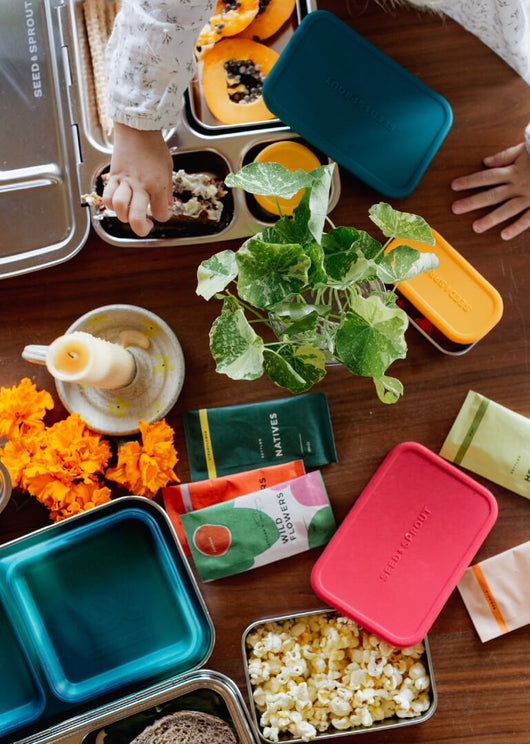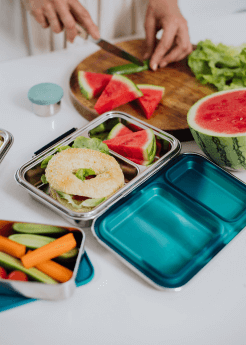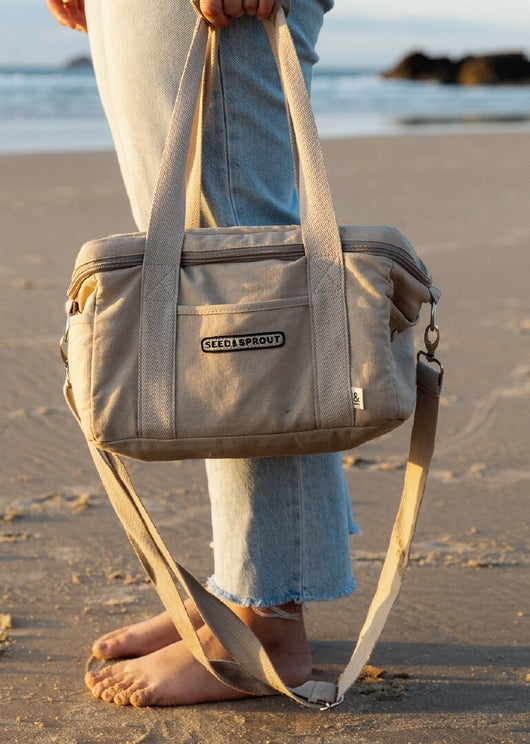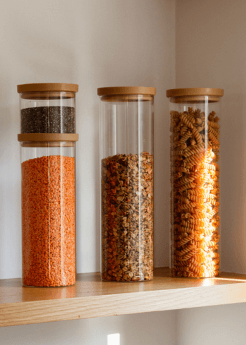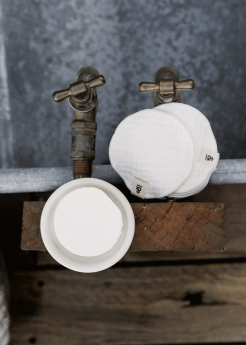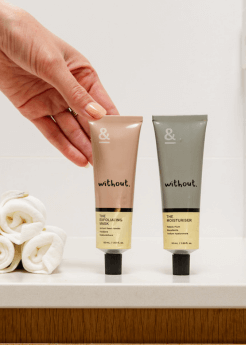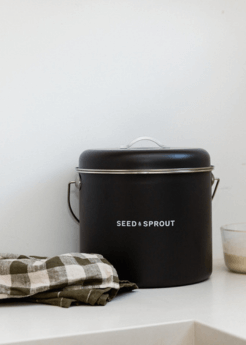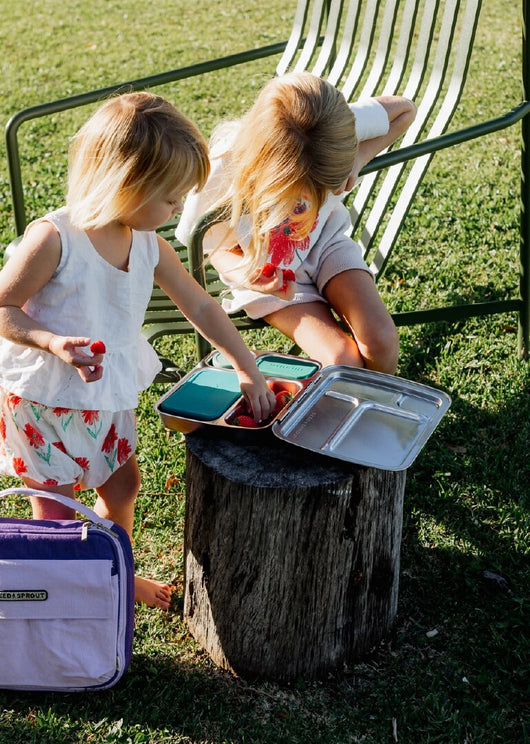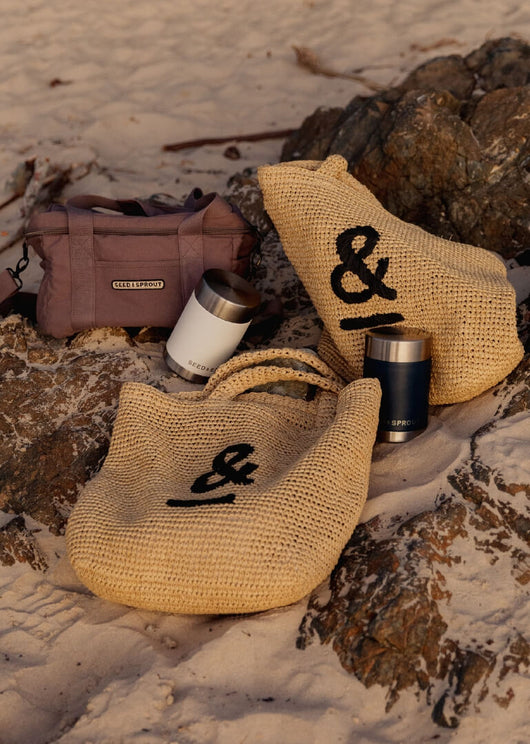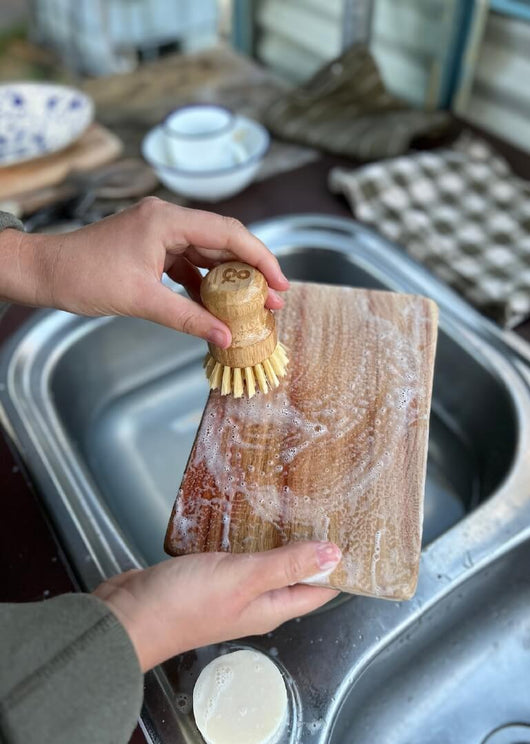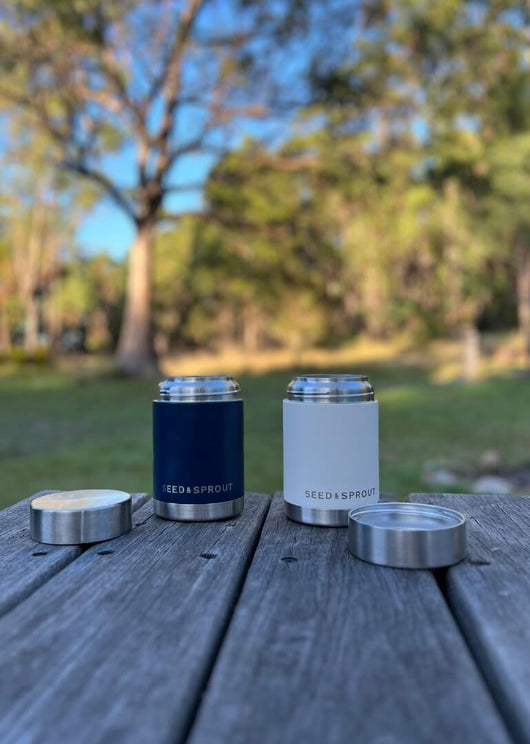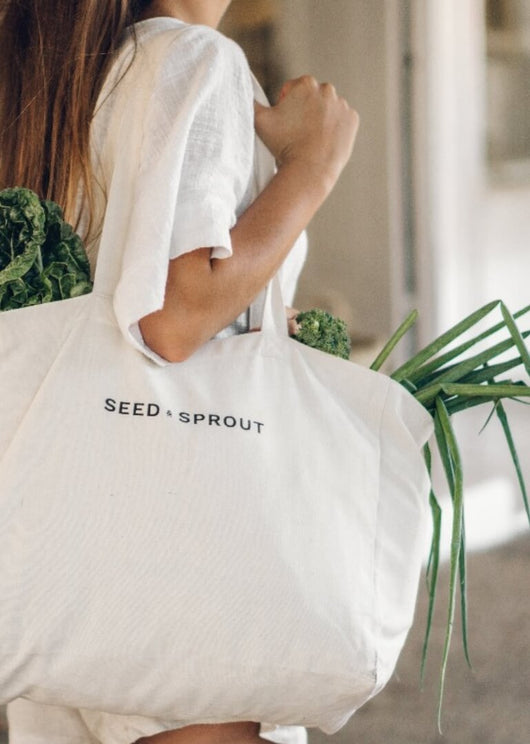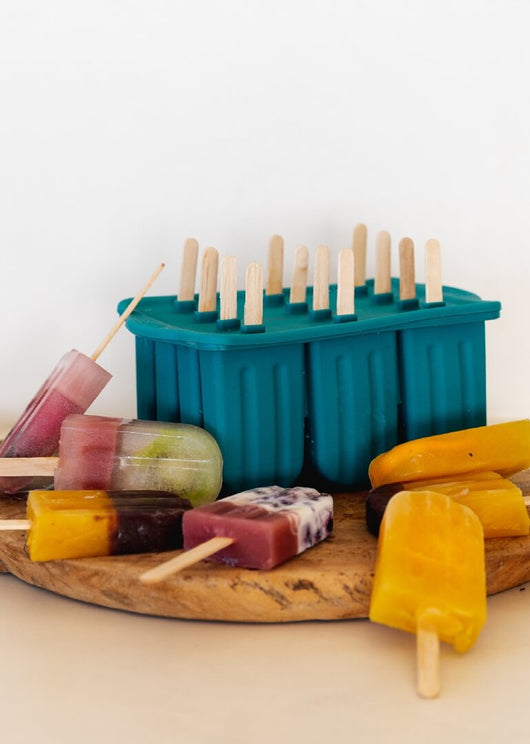Being sustainable is a journey & we’re constantly looking for changes we can make to protect our planet. This applies to so many things, from how we eat to our self care routine.
For us, food is always a topic of discussion. We all eat, & the choice we make around what to eat has a direct impact on our planet. We truly believe that changing the way you shop, store, eat and cook your food is one of the most powerful things you can do as an individual to contribute to cooling the earth. Did you know that more than one-third of global greenhouse gas emissions caused by human activity is attributed to the production, processing & packaging of food? [1]
Making a difference doesn’t mean you have to go plant based. Trends, fads & diets come and go and while we know following a plant based diet is sustainable, The Climatarian Diet has caught our attention and could have a real impact on our planet too.
What is the Climatarian Diet?
This diet revolves around eating locally sourced produce & considers the carbon footprint and the emission level of the food you eat. [2]
The main focus is to reduce the effects of climate change (amazing right!?) by prioritising eating locally grown, seasonal whole foods instead of food that cause environmental damage.
Those who follow a Climatarian Diet focus on how the food they eat is processed, produced & transported.
Climatarians aim to avoid:
- Produce that require large amounts of resources (land or water) to make
- Food that contributes to pollution
- Produce that isn’t grown locally & isn’t in season (these are usually flown in from different places around the world - check where your fresh produce is from next time you’re in the supermarket!)
- Anything that causes ocean acidification (harm to our ocean & the plants & animals in it)
- Food that create greenhouse gasses
- Foods that come in an excessive amount of plastic or non-biodegradable packaging
- Any dairy products, foods that contain palm oil, and highly processed foods
Instead, they focus on:
What About Meat?
Some Climatarians believe in cutting out meat altogether, but others don’t agree with eliminating entire food groups. Instead, they either reduce the amount of meat they eat or when they do eat it they consume local, sustainably sourced meat. Going plant based or vegetarian isn’t achievable for everyone, but introducing a ‘meatless Monday’ might be. Remember, every little bit helps!
While there’s no one superior diet that will suit everyone, there are small changes that make a real difference. We know that following a plant based diet is a great way to fight climate change, however, there can be a lot of plastic and food processing involved with being plant based - it’s by no means perfect!
Our hope is that this information brings your attention to the foods you eat, how sustainable it is and how you can do your bit for the planet with the food choices you make - whether you’re plant based or not.
References:
[1] https://news.un.org/en/story/2021/03/1086822
[2] https://www.nytimes.com/2021/05/20/style/what-is-climatarian.html

